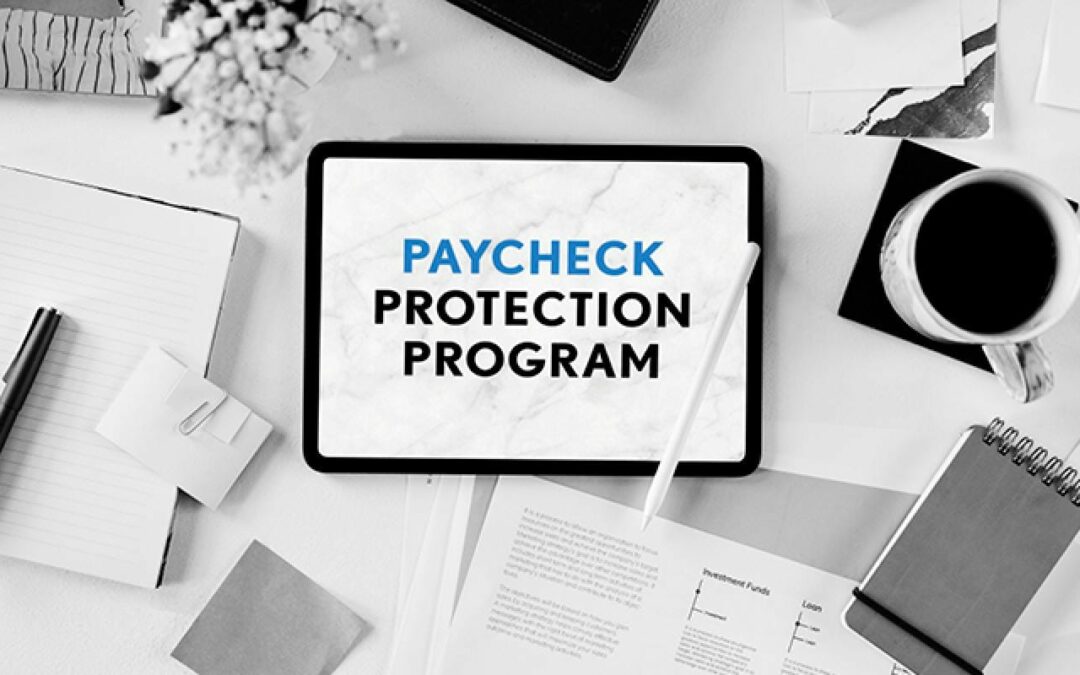The coronavirus pandemic has hit many Americans workers hard, as millions of citizens have lost jobs or had their hours cut drastically. To help Americans struggling with a loss of work due to the COVID-19 pandemic, the United States federal government passed the Coronavirus Aid Relief and Economic Security (CARES) Act. The CARES Act offers assistance for many Americans, including those who usually do not have access to the unemployment benefit programs that are available to traditionally employed workers, such as self-employed workers, gig workers, and freelancers.
The CARES Act allows qualifying self-employed individuals access to unemployment insurance for the first time in American history. It also allows small business owners to apply for a new loan program, the Paycheck Protection Program. Access to these programs is good news for self-employed individuals who are struggling financially as a result of the novel coronavirus. But if you’re a self-employed individual who is impacted by COVID-19, which program should you apply for? Below, we’re taking a closer look at these unemployment options to help you decide whether unemployment insurance or the Paycheck Protection Program would be right for you.
Unemployment Insurance for Self-Employed Individuals
The CARES Act expanded unemployment insurance with three new elements:
- Pandemic Unemployment Assistance (PUA)
- Federal Pandemic Unemployment Compensation (FPUC)
- Pandemic Emergency Unemployment Compensation (PEUC)
Pandemic Unemployment Assistance is what allows self-employed individuals, gig workers, and freelancers to potentially qualify for unemployment insurance. Then, Federal Pandemic Unemployment Compensation provides those receiving unemployment benefits (including self-employed individuals, gig workers, and freelancers) with an additional $600 a week on top of their state determined weekly benefit amount through July 31. And thirdly, Pandemic Emergency Unemployment Compensation provides federal funding for states to provide up to 13 more weeks of unemployment compensation after regular compensation ends.
Pandemic Unemployment Assistance allows self-employed individuals to qualify for unemployment insurance under certain conditions. Whether or not you qualify for unemployment insurance is determined by the state you live in. So, to determine your eligibility, you should check your state unemployment department’s guidelines for Pandemic Unemployment Assistance.
Here in California, you may qualify for PUA if you are unemployed, partially unemployed, unable to work or unavailable to work as a direct result of a COVID-19 related reason and you meet one of the following criteria:
- You are a business owner, a self-employed worker, an independent contractor, or a gig worker (and are not participating in the UI Elective Coverage program).
- You don’t have sufficient work history.
- You have collected all unemployment benefits for which you were eligible and remain unemployed or partially unemployed as a direct result of a COVID-19 reason.
The Paycheck Protection Program
The Paycheck Protection Program is a new loan program that was implemented due to the CARES Act. This multi-billion dollar loan program, backed by the U.S. Small Business Administration, was designed to provide small business owners with cash-flow assistance in order to help keep small business workforces employed through the COVID-19 pandemic.
According to the U.S. Small Business Administration (SBA), the following individuals or entities may qualify for the PPP if they were affected by the coronavirus:
- Any small business concern that meets SBA’s size standards
- Any business, 501(c)(3) non-profit organization, 501(c)(19) veterans organization, or Tribal business concern (sec. 31(b)(2)(C) of the Small Business Act) with the greater of
– 500 employees, or
– That meets the SBA industry standard if more than 500 - Any business with a NAICS Code that begins with 72 (Accommodations and Food Services) that has more than one physical location and employs less than 500 per location
- Sole proprietors, independent contractors, and self-employed persons
While the Paycheck Protection Program provides a loan (which comes with a 1% interest rate), this loan is fully forgivable under certain conditions, so many people who enter the PPP will not have to pay back their loan. A PPP loan will be forgiven if the funds provided are used for payroll costs, mortgage interest, rent, and utility payments, with a stipulation that at least 75% of the loan must have been used for payroll costs. Additionally, all employees must be kept on the payroll for eight weeks.
The maximum loan amount a person or entity could receive through the PPP is $20,833. The amount each qualifying individual or entity will receive is calculated using the average monthly income from their Schedule C. Divide line 31 of your Schedule C by 12 and multiply that number by 2.5 to determine your potential loan amount.
Deciding Between Unemployment Insurance and the Paycheck Protection Program
Some self-employed workers may qualify for only one of these two government assistance programs, while others could qualify for both. If you qualify for both unemployment insurance and the Paycheck Protection Program, it’s important to carefully consider which you apply for, since you cannot receive both.
To decide between these two types of government aid, you may want to consider how much monetary compensation you could receive from each. Additionally, you may want to consider how you will use the compensation you receive, especially if you are strongly considering submitting a PPP application. Paycheck Protection Program loan forgiveness is only granted under certain circumstances related to how the loan is spent, so be mindful of those circumstances if you decide to enter into a PPP loan. A PPP loan could still be the best form of coronavirus relief for your unique situation even if you will not receive loan forgiveness. But it is important to consider whether or not you would have to repay your loan before entering into it.

